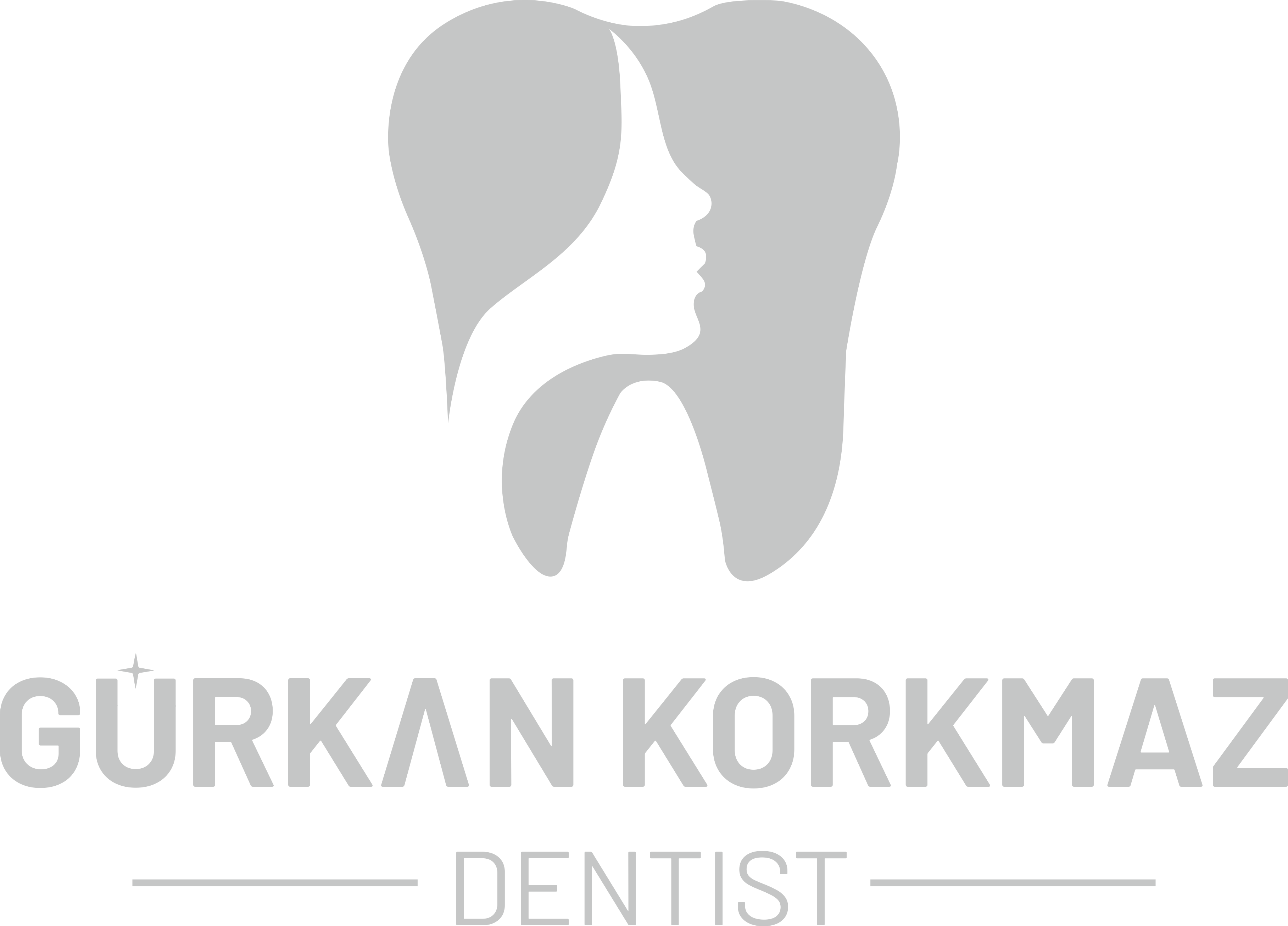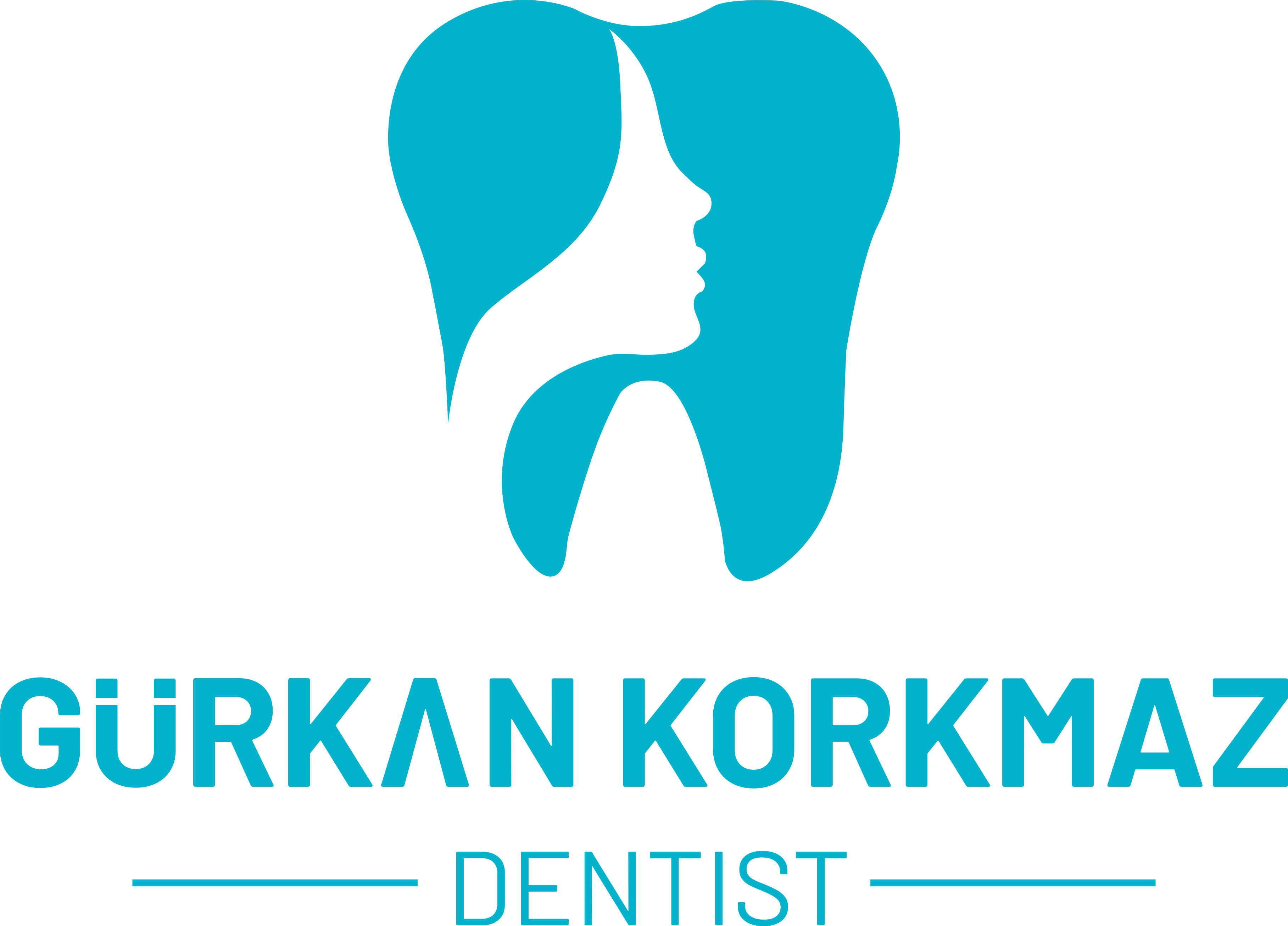- Copyright 2024 Dentist Gürkan Korkmaz
What Are Fake Teeth?
Fake teeth, also known as prosthetic teeth, are artificial dental appliances designed to replace missing or damaged teeth. They restore the function and aesthetics of your smile, enabling you to eat, speak, and smile confidently. Depending on the patient’s needs, fake teeth can be temporary or permanent solutions.
This guide explores the types, uses, and benefits of fake teeth, helping you understand your options for achieving a healthy, beautiful smile.
Why Do People Need Fake Teeth?
Fake teeth are often necessary for individuals who experience:
- Tooth Loss: Due to decay, gum disease, injury, or aging.
- Damaged Teeth: From wear, fractures, or severe discoloration.
- Oral Health Concerns: Conditions affecting natural teeth, such as congenital defects or severe infections.
By replacing missing or damaged teeth, fake teeth improve:
- Chewing efficiency
- Speech clarity
- Facial structure (preventing sagging)
- Confidence and self-esteem
Types of Fake Teeth
There are several types of fake teeth, each catering to specific dental needs:
1. Dentures
Dentures are removable appliances used to replace multiple or all missing teeth. They come in two main types:
- Full Dentures: Replace all teeth in the upper or lower jaw.
- Partial Dentures: Replace a few missing teeth and are secured to the natural teeth with metal or plastic clasps.
Pros:
- Affordable
- Non-invasive
- Easy to adjust or replace
Cons:
- May feel bulky
- Require regular maintenance
- Can slip or move during eating or speaking
2. Dental Bridges
A dental bridge is a fixed appliance used to replace one or more missing teeth. It consists of a prosthetic tooth (pontic) anchored by crowns placed on adjacent natural teeth.
Pros:
- Permanent solution
- Natural appearance
- Maintains alignment of adjacent teeth
Cons:
- Requires altering healthy teeth for support
- May need replacement after 10-15 years
3. Dental Crowns
While primarily used to cover damaged teeth, crowns can also act as prosthetic teeth when placed on dental implants or used in a bridge.
Pros:
- Durable and long-lasting
- Restores both function and aesthetics
Cons:
- Involves some enamel removal
- Costs more than removable options
4. Dental Implants
Dental implants are a permanent solution that involves surgically placing a titanium post in the jawbone. The implant acts as a root for the artificial tooth (crown), providing unmatched stability and durability.
Pros:
- Closest alternative to natural teeth
- Long-lasting (often a lifetime with proper care)
- Prevents bone loss in the jaw
Cons:
- Expensive upfront
- Requires surgery and a healing period
- Not suitable for patients with insufficient bone density (without bone grafting)
5. Veneers
Although not fake teeth in the traditional sense, veneers are thin shells placed over existing teeth to enhance their appearance. They are used for cosmetic purposes, such as covering discoloration, gaps, or uneven teeth.
Pros:
- Immediate smile improvement
- Natural-looking results
- Durable and stain-resistant
Cons:
- Irreversible procedure
- Does not address severe tooth loss
How Are Fake Teeth Made?
The process of creating fake teeth involves:
- Consultation and Diagnosis: The dentist evaluates your oral health and discusses the best options.
- Impressions: Detailed molds of your mouth are taken to ensure a precise fit.
- Design and Fabrication: Dental labs use materials like acrylic, porcelain, zirconia, or composite resin to craft the prosthetic teeth.
- Fitting and Adjustment: The fake teeth are tested, adjusted for comfort, and securely placed.
Materials Used in Fake Teeth
- Acrylic Resin: Lightweight and cost-effective, commonly used in dentures.
- Porcelain: Provides a natural look and is often used in crowns, veneers, and bridges.
- Zirconia: A strong, durable material preferred for dental implants and crowns.
- Composite Resin: Used for temporary solutions or minor restorations.
- Titanium: Used for the implant posts, offering excellent biocompatibility.
Benefits of Fake Teeth
- Improved Aesthetics: Restores your smile and boosts confidence.
- Enhanced Functionality: Improves chewing and speaking ability.
- Prevents Further Issues: Fills gaps to avoid shifting of adjacent teeth and jawbone loss.
- Customizable Options: Wide range of materials and designs tailored to your needs and budget.
Who Can Get Fake Teeth?
Most individuals who have lost teeth or require restorative dental work can benefit from fake teeth. However, eligibility depends on factors like:
- General oral health
- Bone density (for implants)
- Budget and preferences
A consultation with a dentist will help determine the best option for your specific case.
2025 Costs of Fake Teeth
The cost of fake teeth varies widely depending on the type of prosthetic and material used:
- Dentures: $300–$3,000
- Dental Bridges: $500–$2,000 per tooth
- Dental Crowns: $800–$2,500 per tooth
- Dental Implants: $1,500–$6,000 per tooth
- Veneers: $250–$2,500 per tooth
Maintaining Fake Teeth
Proper care is essential for the longevity of fake teeth:
- Brush and Floss Regularly: Clean prosthetics as you would natural teeth.
- Use Recommended Products: Dentures require specific cleaning solutions.
- Visit Your Dentist: Schedule regular check-ups for adjustments and cleaning.
- Avoid Hard Foods: Protect your prosthetics from damage.
Fake teeth are a transformative solution for restoring your smile and improving oral health. With options ranging from affordable dentures to high-tech dental implants, there’s a solution for every budget and need. If you’re considering getting fake teeth, consult with a reputable dentist like Dentist Gürkan Korkmaz in Beşiktaş, Istanbul, for expert advice and world-class care.
Ready to transform your smile? Book a consultation today!

Our mission is to provide superior quality services in the field of oral and dental health. With our expert team and state-of-the-art technology, we aim to deliver reliable, comfortable, and effective treatment options to maintain the highest level of oral and dental health for our patients.
Contact Detail
- Phone : +90 506 912 88 80
- Address : Alt Zeren Sok. No:29 Levent / Beşiktaş / İstanbul 34330
- Email : [email protected]

Leave a Reply